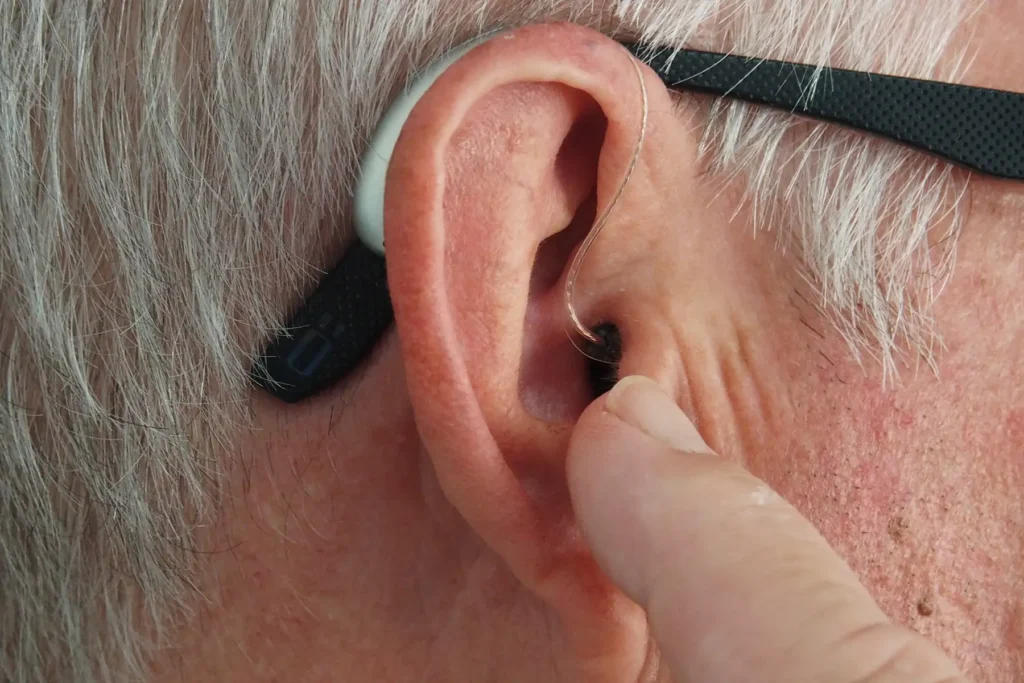Please review these steps to determine eligibility to apply.
Funding Opportunities
Dental
Limited to Fillings, Extractions, Partial Dentures, and Full Dentures.

Durable Medical Equipment
Hearing Aids, Prostheses, Walkers, Standing Frames, Oxygen Concentrators, Vehicle or Home Modifications, and many more items.



Referring Professional Requirements
Applications must be submitted by a referring professional (applicant) on behalf of an individual (client) that needs assistance. Examples of referring professionals include case managers, clergy, social workers, health aide, etc.
The applicant must not be related to the individual in need of assistance.
The applicant cannot work for or be affiliated with the dentist or vendor providing the services or equipment.
Client Requirements
Assistance may be provided to a client one time. If the client has already received a grant award from the A.V. Hunter Trust, they are not eligible for consideration.
The client must have maintained legal residency in Colorado for the last 12 consecutive months before the date the application is submitted.
If the client has a history of drug or alcohol abuse, they must demonstrate 12 months of sobriety prior to the date the application is submitted.
Submit an Application
If all the above requirements are met, the referring professional may apply to request assistance for their client. If you have questions, please contact us at info@avhuntertrust.org or 303-399-5450.

